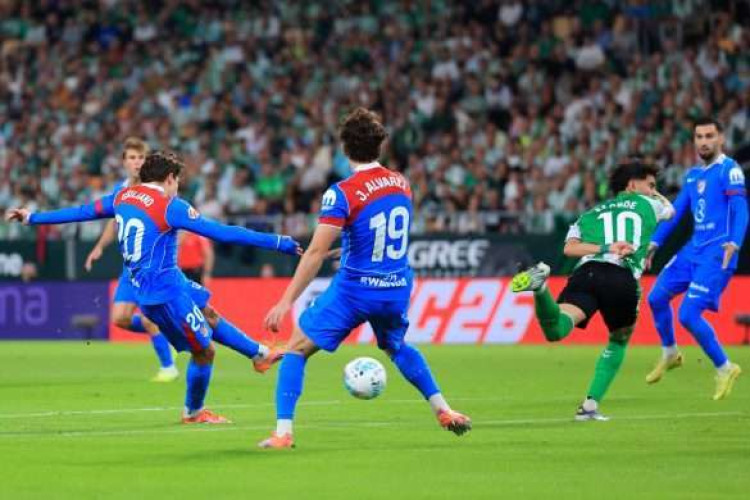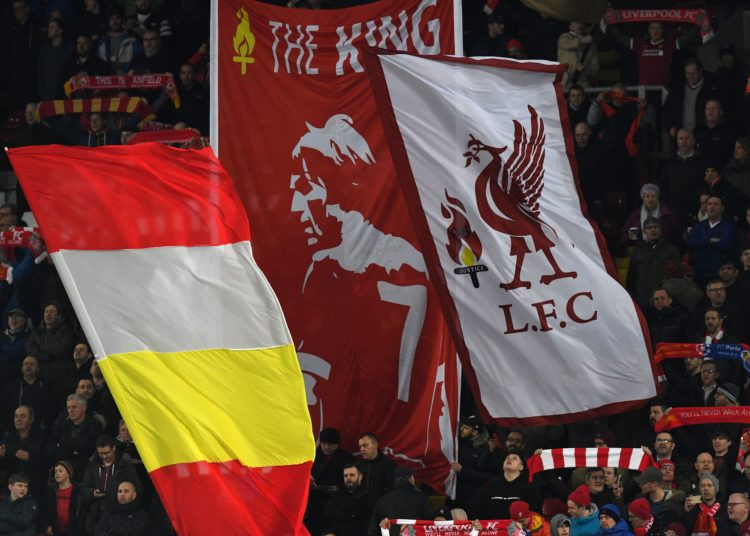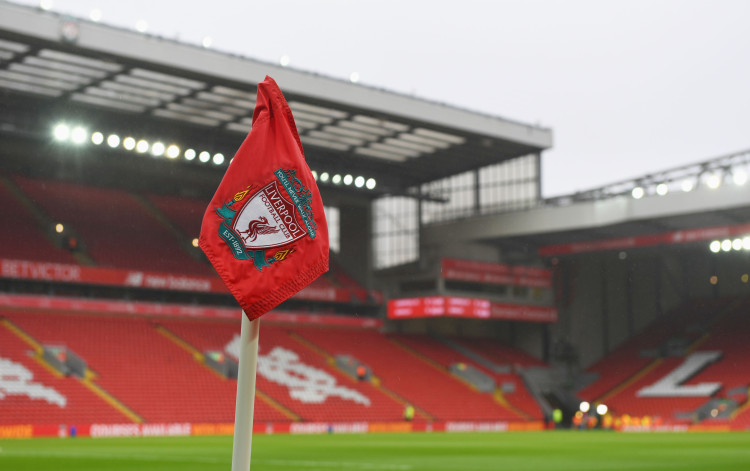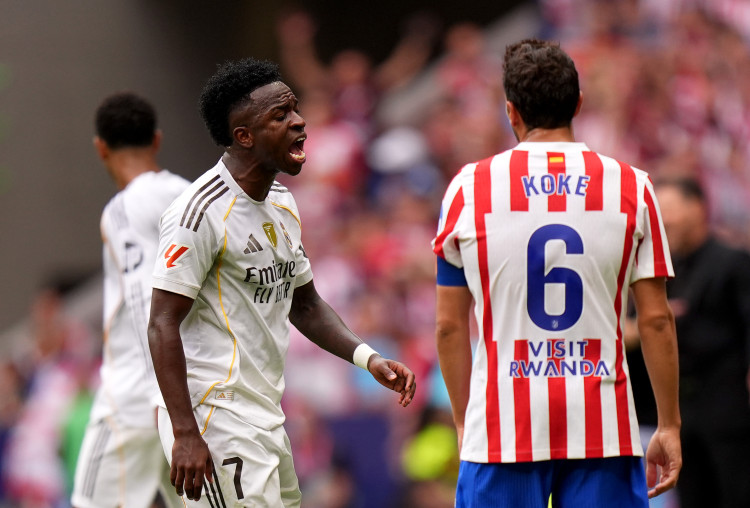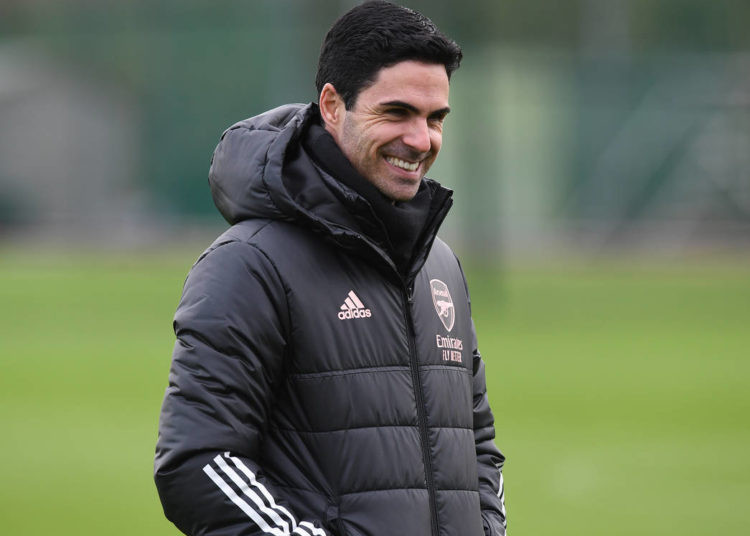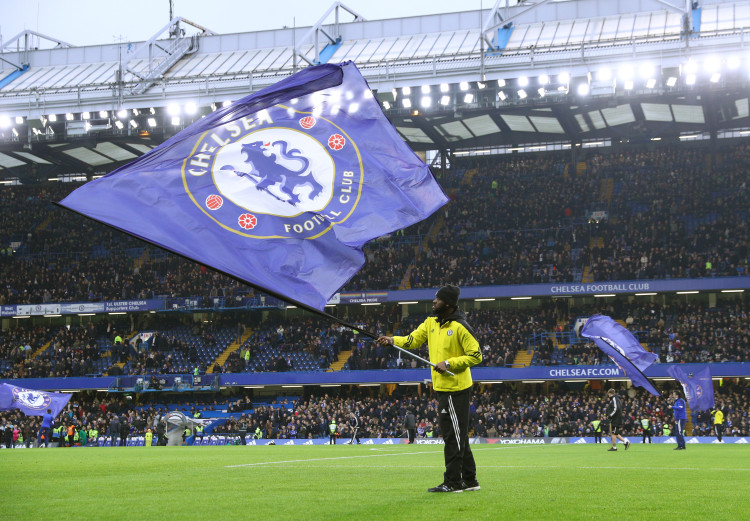
From Soft Start to Hard Questions: Chelsea’s Discipline Drift and Enzo Maresca Under Strain
Enzo Maresca could be under pressure following a stop-start season with Chelsea, who may be at a disadvantage after squandering an easy run
Chelsea’s season under Enzo Maresca has been a study in momentum lost. Bright spells of front-foot football have too often faded into hesitation, with the final action lacking the calm that turns pressure into goals. The early calendar offered a gentle runway to build confidence and rhythm, yet small mistakes, stray tackles, and thin game management have kept the mood uncertain.
Beyond results, the questions cut to identity. Do the tactics and the squad truly fit, or are the moving pieces still learning one another on the fly? Red cards have bitten, set-pieces have not swung enough matches, and a title conversation feels distant until Chelsea prove they can win the routine, not just the eye-catching.
Now the schedule hardens and the margin for learning shrinks. This feature examines the roots of their inconsistency, the cost of discipline lapses, and whether Maresca’s ideas can take hold quickly enough. If Chelsea do not bank results soon, a season that promised growth could narrow into a scramble for position.
Chelsea’s stop-start form under Enzo Maresca
Chelsea’s season has moved in jolts, not strides. They often start with tempo, pin opponents back, and string together promising sequences, only to lose clarity in the final third. The last action, whether a cut-back, a through ball, or a finish, still lacks repetition. That inconsistency makes good phases feel like footnotes rather than the story of a match.
Set-pieces remain a swing factor they have not mastered, and game-state management is patchy. When ahead, Chelsea do not always add the second goal, and when level, they can rush their play instead of building pressure. Injuries and suspensions have repeatedly unsettled the backline and midfield, preventing the partnerships that make a possession system hum.
A young, high-press squad brings energy, but also rash fouls and avoidable transitions. Until stability in selection and sharper decisions in the box arrive together, Chelsea will keep alternating between fluent and fragile within the same ninety minutes.
Can they mount a title challenge?
On the evidence so far, Enzo Maresca’s Chelsea do not look like a team ready to run with the Premier League’s pace-setters. Title bids are built on habits: repeatable chance creation, control in transition, defensive reliability, and resilience after setbacks. Chelsea flash each of those traits in moments, not weeks.
The attack often depends on individual sparks from creators rather than a machine-like supply line to the No 9. Without cleaner patterns in the final third and better set-piece returns, narrow wins become nervy draws. Discipline and availability matter, too. Suspensions, knocks, and constant tweaks have prevented a stable core from forming. That instability feeds streakiness.
The good news is that the ceiling remains high: there is pace, technical quality, and a coach with a clear idea. But the margin for error is shrinking. To enter the title conversation, Chelsea need a ruthless run before winter and proof they can win ugly.
Discipline and dropped points
Chelsea’s disciplinary streak has carried a clear competitive cost. Red cards change not just the numbers but the entire feel of a match: pressing becomes reactive, counter-attacks are rarer, and every defensive duel becomes riskier.
When they go down to ten, the build-up loses its calm anchor and the wide players are pinned deeper, which turns promising game plans into low-block survival. Suspensions also fracture continuity.
Rotations to cover bans force new pairings at centre-back or midfield, where timing and trust matter most. Add stricter interpretations on dissent and time-wasting, and youthful edges need firmer control.
The upshot is simple: in tight Premier League games, discipline is a points machine. Keep eleven on the pitch, and Chelsea’s talent can tilt balance; play short-handed or without key pieces the following week, and the same margins swing the other way.
Do Maresca’s ideas fit this squad?
Enzo Maresca’s model is clear: a controlled 3-2 build-up, an inverted full-back to form the double pivot, wingers stretching the last line, and heavy emphasis on rest-defense to smother counters. The principles suit several Chelsea profiles, ball-playing centre-backs, technical midfielders who can receive under pressure, and creative wide players who like isolation.
The friction appears higher in two zones. First, the No. 9 channel still relies on streaky finishing rather than a steady, penalty-box presence that turns volume into goals. Second, the inverted-full-back role demands elite decision-making and fitness; when personnel changes or form dips, the whole structure tilts, exposing transitions.
The model can work, but it needs repetition with a settled spine, faster circulation into the half-spaces, and a clearer set of automatisms in the final third. With those tweaks, the idea and the squad move closer together.
An easy start, underused
On paper, Chelsea’s opening run offered a softer runway than some rivals faced, with fewer early six-pointers and several winnable fixtures. That is precisely when elite sides bank points and buy time for complex ideas. Instead, draws from winning positions, late concessions, and suspensions turned a helpful calendar into a missed opportunity.
The knock-on effect is real: the difficult block now arrives with pressure attached, reducing the margin for learning on the job. In a title race that favours fast starters, Chelsea have donated headroom to others.
What comes next for Enzo Maresca and Chelsea?
After the international break, the fixture list sharpens and the room for excuses shrinks. A cluster of top-half opponents, awkward away trips, and opponents who press high will test Chelsea’s build-up and temperament.
This is where Enzo Maresca’s project meets the reality of the Premier League cycle: the phase when promising ideas must turn into points under pressure. If performances wobble and the table tightens, scrutiny will quickly focus on selection consistency, late-game management, and whether the team has an on-field leadership core.
For the Italian tactician, the antidote is clarity. Lock a spine, simplify roles in the final third, protect transitions with cleaner rest-defense, and nudge the set-piece margin in Chelsea’s favour. A month of clean sheets and one-goal wins can settle nerves as effectively as any statement performance.
The risk is obvious: drop more points in key games and the season drifts into another scramble for stability, where ambitions narrow to returning to the Champions League places. The squad is talented enough to compete deep into spring, but unless control, discipline, and availability improve together, Chelsea will be chasing rather than dictating. That dynamic invites pressure on the manager and turns every stumble into a story in the weeks ahead.



